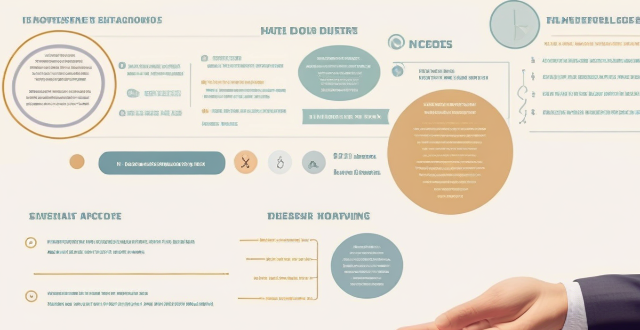When it comes to paying off student loans, there are two main strategies: paying them off quickly or spreading out the payments over time. Both approaches have their advantages and disadvantages, and the best choice depends on your individual financial situation and goals. In this article, we will explore the pros and cons of each strategy to help you make an informed decision.

Is it Better to Pay Off Student Loans Quickly or Over Time?
When it comes to paying off student loans, there are two main strategies: paying them off quickly or spreading out the payments over time. Both approaches have their advantages and disadvantages, and the best choice depends on your individual financial situation and goals. In this article, we will explore the pros and cons of each strategy to help you make an informed decision.
Paying Off Student Loans Quickly
Advantages:
- Reduced Interest Costs: By paying off your loans quickly, you can save money on interest charges over the life of the loan. This is especially true for high-interest loans.
- Increased Cash Flow: Once your loans are paid off, you will have more money available each month to put toward other expenses or savings goals.
- Improved Credit Score: Paying off debt can improve your credit score, which can make it easier to get approved for future loans and credit cards.
Disadvantages:
- Less Flexibility: If you're focusing all your resources on paying off your loans quickly, you may not have as much flexibility in your budget for unexpected expenses or opportunities that come up.
- Potential Opportunity Cost: If you're putting extra money toward your loans instead of investing it, you could be missing out on potential returns from those investments.
Paying Off Student Loans Over Time
Advantages:
- Lower Monthly Payments: By extending the repayment period, you can lower your monthly payment amount, freeing up money for other expenses or savings goals.
- Greater Financial Flexibility: With a longer repayment period, you'll have more flexibility in your budget to handle unexpected expenses or take advantage of opportunities that come up.
- Potential Tax Benefits: Depending on your tax situation, making smaller monthly payments over a longer period of time could result in tax benefits related to student loan interest deductions.
Disadvantages:
- Higher Interest Costs: If you choose a longer repayment period, you'll likely end up paying more in interest charges over the life of the loan.
- Delayed Debt Relief: It will take longer to achieve the satisfaction of being debt-free if you choose a longer repayment period.
- Potential Negative Impact on Credit Score: While responsible management of student loans can improve your credit score, carrying a balance for an extended period of time could negatively impact it.
Conclusion
Ultimately, the decision to pay off student loans quickly or over time should be based on your individual financial situation and goals. Consider factors such as your income level, job security, other debt obligations, and long-term financial plans when making this decision. It's also important to remember that there's no one "right" answer – what works best for someone else might not be the best choice for you.